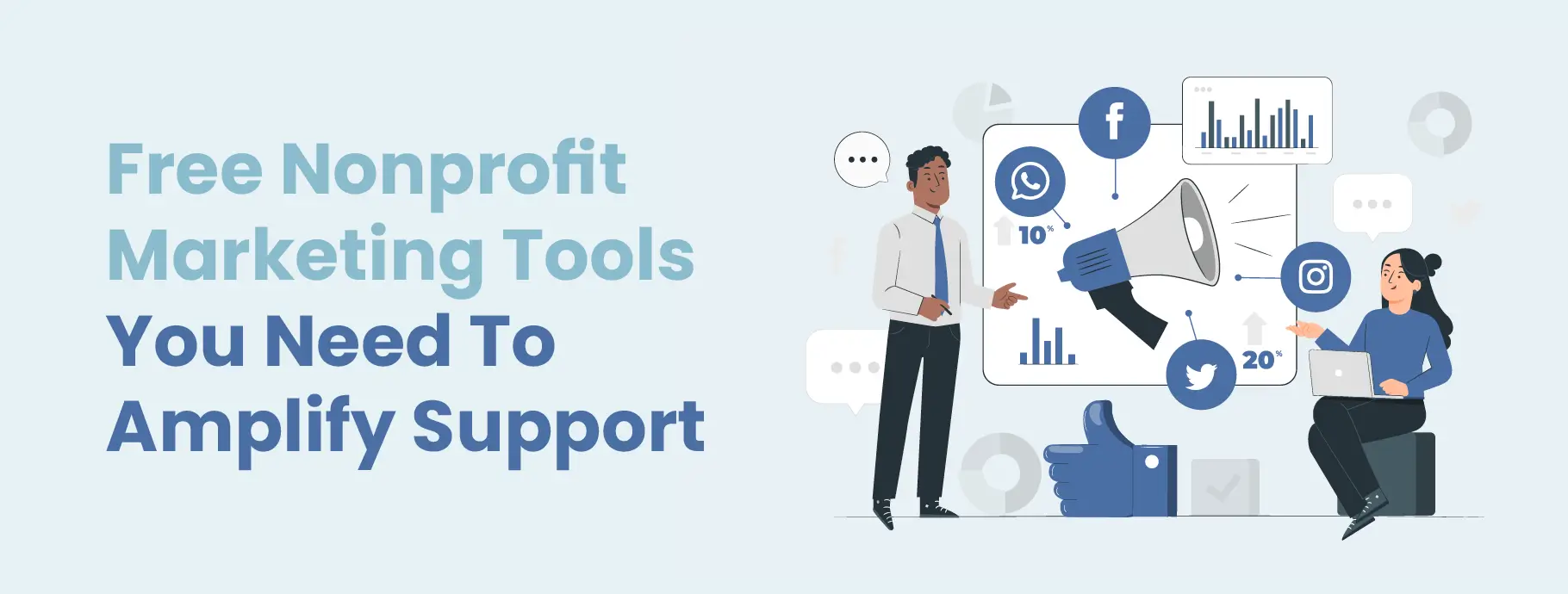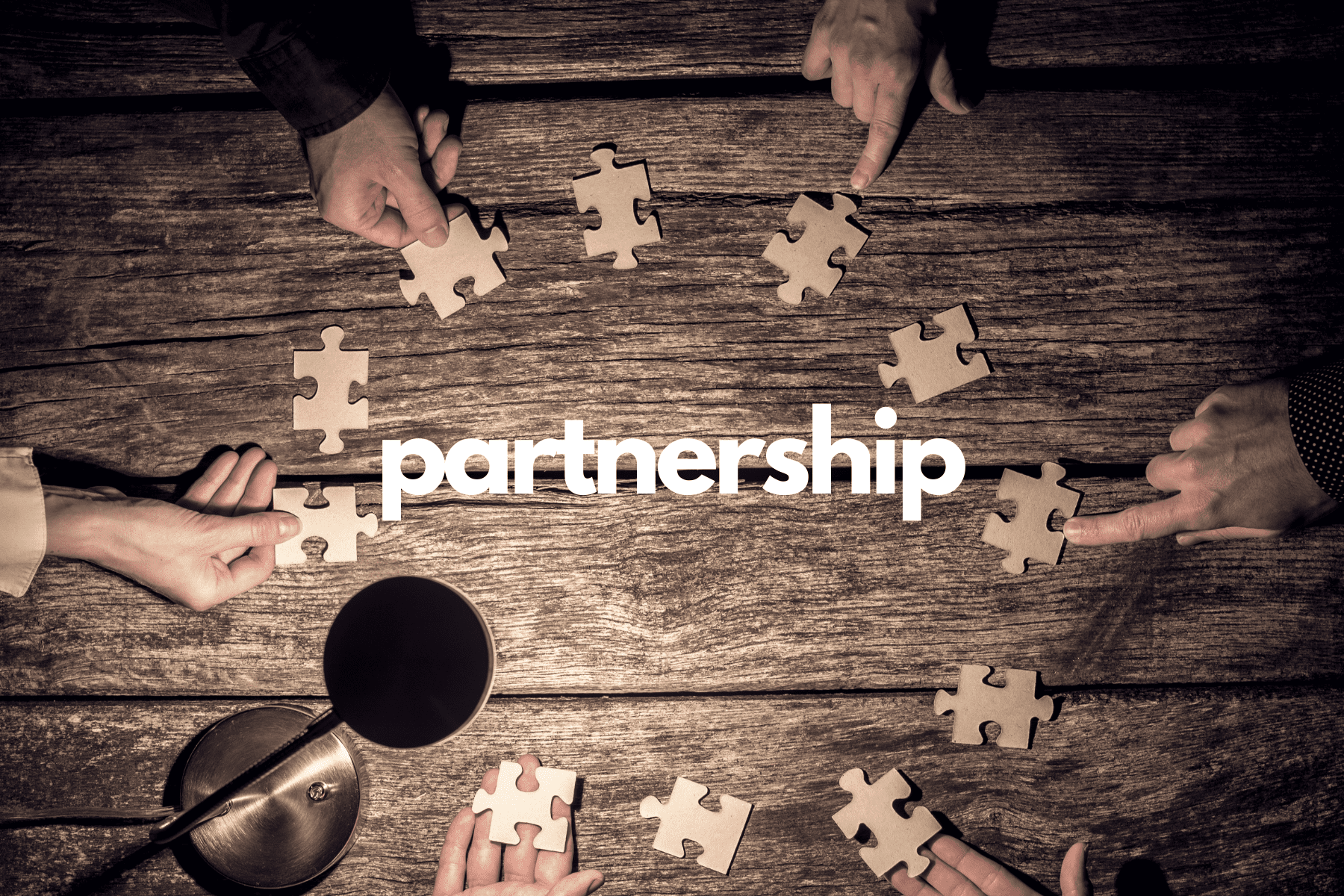Checking Out the Diverse Features and Obligations of a Nonprofit Agency in Resolving Social Issues and Supporting Adjustment
Not-for-profit companies offer as crucial representatives of adjustment within society, dealing with a myriad of social problems with diverse techniques. Their responsibilities prolong beyond simple solution arrangement; they engage in campaigning for, source mobilization, and area outreach, typically acting as a bridge in between necessary solutions and marginalized populations.
Recognizing Nonprofit Company Duties
The effectiveness of nonprofit firms depends upon a clear understanding of their diverse functions within society. These organizations act as important middlemans between the public, personal, and governmental industries, attending to numerous social concerns and promoting for change. Not-for-profit agencies frequently work as company, supplying necessary programs and resources to underserved populations. This role is essential in filling up gaps that might exist in civil services, guaranteeing that vulnerable groups have accessibility to required support.
Furthermore, nonprofits play an important function in campaigning for, raising understanding and affecting policy decisions that impact their communities. By taking part in study and public education and learning, these organizations assist form public discourse and promote informed decision-making - nonprofit agency. They additionally serve as platforms for volunteerism, setting in motion community participants to contribute their time and skills toward cumulative objectives
Furthermore, nonprofit agencies commonly work as conveners, bringing together varied stakeholders to promote partnership and collective effect. This joint strategy boosts their capacity to resolve complex social concerns efficiently. Comprehending these diverse functions is important for making best use of the potential of nonprofit agencies in creating lasting social change and boosting overall community well-being.
Community Engagement and Outreach
Reliable neighborhood engagement and outreach are basic parts of not-for-profit agencies' strategies to foster links and develop trust fund within the areas they serve. These efforts concentrate on comprehending community demands, advertising recognition of offered sources, and motivating involvement in programs developed to deal with social issues. Not-for-profit companies utilize a range of methods to involve with neighborhood participants, such as workshops, educational sessions, and collective events.
Outreach campaigns serve to strengthen connections with diverse populaces, especially marginalized groups that might deal with barriers to accessibility. By utilizing culturally relevant interaction methods and leveraging regional partnerships, nonprofits can boost their exposure and demonstrate their dedication to community empowerment. This technique not only cultivates a feeling of belonging however also raises the possibility of continual engagement.
Additionally, reliable neighborhood interaction exceeds simple involvement; it entails actively listening to area members' comments and incorporating their understandings right into program development. This collective procedure makes certain that the services supplied are responsive, appropriate, and customized to the distinct obstacles faced by the community. Eventually, promoting strong connections via engagement and outreach can result in more impactful treatments and a better cumulative initiative toward promoting positive social modification.
Campaigning For and Policy Influence
Advocacy functions as a critical mechanism for not-for-profit agencies to influence public law and drive systemic adjustment. By leveraging their experience and community understandings, these companies can effectively represent marginalized populations and address pressing social problems. Nonprofits take part in advocacy through various methods, consisting of public awareness projects, grassroots mobilization, union building, and direct lobbying of policymakers.
With these initiatives, nonprofit agencies aim to form regulations and policy frameworks that line up with their goal Visit Website and the requirements of the areas they serve. They perform study, collect data, and share engaging narratives to highlight the seriousness of particular issues, making sure that decision-makers are educated and encouraged to act. This process not only enhances the voices of those affected by social oppressions however likewise fosters an extra fair and comprehensive policymaking setting.
Additionally, advocacy efforts commonly look for to produce long-lasting structural adjustments, attending to origin creates instead than merely reducing signs and symptoms. By focusing on plan impact, nonprofit firms add to a wider understanding of social challenges and promote services that can lead to lasting improvements in social health. Eventually, advocacy is essential to the transformative role nonprofits play in developing a just and equitable culture.
Fundraising and Resource Monitoring
Not-for-profit agencies depend on robust fundraising and source management approaches to support their advocacy efforts and maintain their objectives. By using a multi-faceted strategy, nonprofits can mitigate the dangers linked with reliance on a single financing resource.
Resource administration is just as important, as it entails the strategic allotment of both human and economic sources to optimize impact. Nonprofits should establish budget plans that straighten with their objectives while making certain transparency and accountability to stakeholders. This involves regular monitoring of expenditures and changing techniques as required to maximize source usage.

Collaboration and Collaborations
While numerous companies seek their missions individually, partnership and collaborations can dramatically improve the performance of nonprofit companies. By interacting with other nonprofits, federal government entities, and private field companies, nonprofits can pool sources, share knowledge, and intensify their effect on this website social issues. Joint initiatives typically bring about ingenious remedies that may not be possible independently, leveraging the staminas of each companion to deal with intricate challenges.

Inevitably, reliable collaboration requires clear communication, shared goals, and mutual regard amongst companions. By accepting a participating approach, not-for-profit firms can develop lasting networks that not just address instant social concerns however likewise add to long-lasting systemic modification, promoting an extra fair society. With partnership, nonprofits can prosper and maximize their capacity for meaningful effect.
Conclusion
Not-for-profit agencies offer as important entities in dealing with social issues and cultivating modification within areas. Eventually, the complex duties of nonprofit companies significantly contribute to the search of social justice and the enhancement of community health.
Comprehending these complex roles is crucial for making the most of the possibility of nonprofit firms in creating sustainable social adjustment and improving general area well-being.
Efficient area engagement and outreach are fundamental elements of not-for-profit firms' methods to cultivate connections and build count on within the areas they offer. By working together with other nonprofits, federal government entities, and personal industry companies, nonprofits can merge sources, share know-how, and magnify their effect on social problems.Not-for-profit companies serve as important entities in resolving social concerns and cultivating adjustment within areas - nonprofit agency. Inevitably, the diverse functions of nonprofit firms dramatically add to the quest of social justice and the enhancement of neighborhood wellness